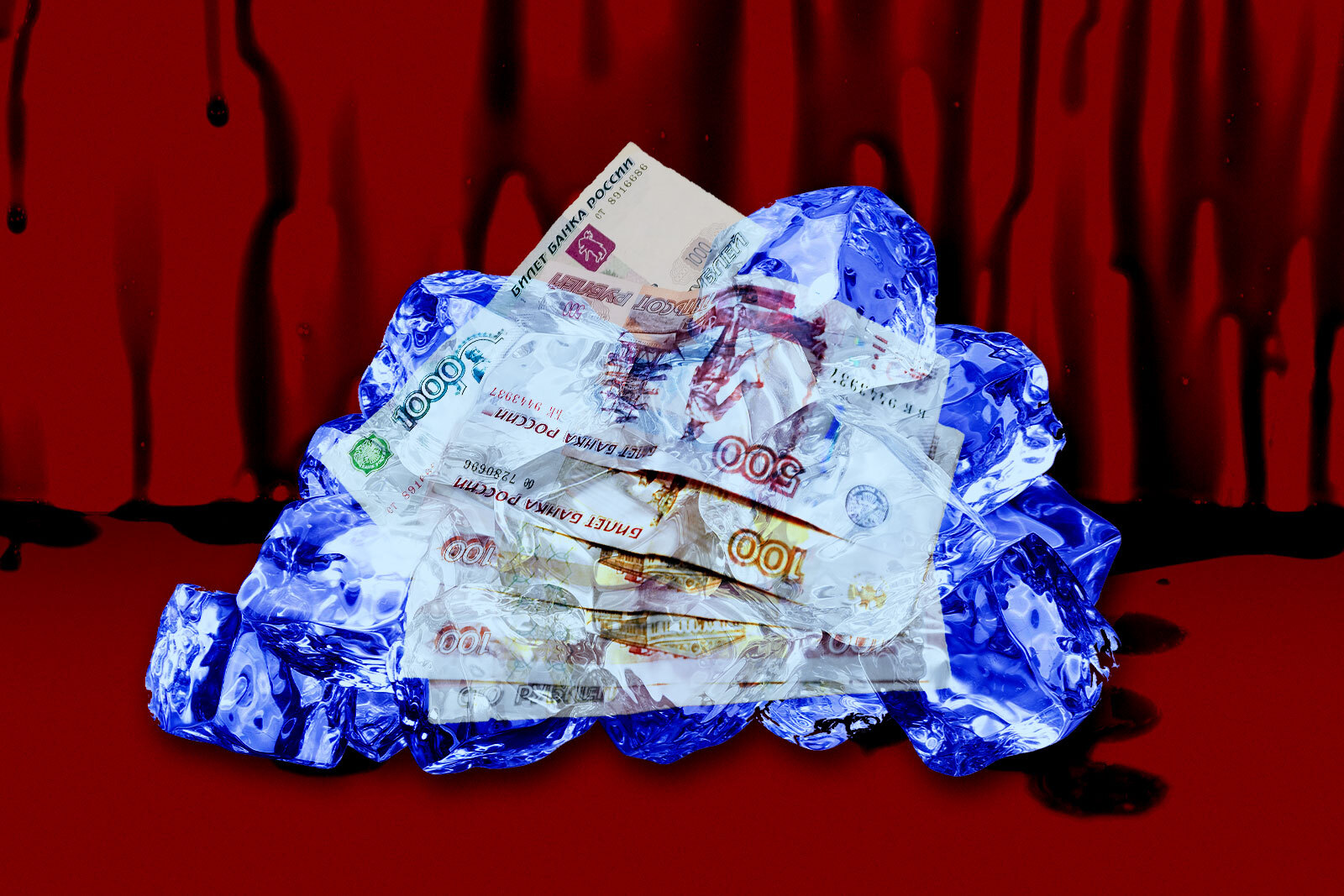
The historically neutral country of Switzerland has joined the European Union in sanctioning Russia for its invasion of Ukraine. The Swiss federal government announced that the country would be going the extra mile by also freezing crypto assets owned by Russian citizens and businesses held within Switzerland’s borders.
Switzerland’s Finance Minister Guy Parmelin told the Financial Times that 223 Russians, including oligarchs and close associates of President Vladimir Putin, have had their bank accounts and physical assets frozen by Switzerland in the past week. The cryptocurrency prohibitions will be an additional penalty that goes beyond the four EU sanction packages that have already been implemented.
Sponsored
Crypto assets are often criticized for the potential risks associated with them, including their use in illicit activity and money laundering, as the technology provides traders with a certain level of anonymity. Indeed, some experts have expressed fears that crypto could help Russia evade the financial sanctions imposed upon them.
The question of crypto is essential for Switzerland, as the country has become one of the world’s most prominent centers for blockchain-based finances in recent years, and is often referred to as “Crypto Valley.” According to a report by CV VC, a Swiss venture capitalist firm, by the end of 2021, there were around 1,128 blockchain companies based in Switzerland and neighboring Liechtenstein.
A senior official with the finance ministry told the Financial Times that freezing Russian crypto assets was necessary to protect the integrity of Switzerland’s blockchain industry.
Sponsored
"If someone holds their crypto key themselves, then, wherever they are, it's going to be virtually impossible to identify them," the official said.
"But if they are using crypto services — funds, exchanges, and so on — these service points we can target." After freezing the assets of the Central Bank of Russia and disconnecting seven Russian banks from the SWIFT financial-messaging system, the EU also announced that it would be taking action to crack down on the use of cryptocurrencies as a way of evading the imposed sanctions.
"We are taking measures, in particular on cryptocurrencies or crypto assets which should not be used to circumvent the financial sanctions decided upon by the 27 EU countries," France’s Finance Minister Bruno Le Maire said on Wednesday.
The largest crypto exchanges were therefore urged to block the accounts of Russian users from using their services, however, the request sparked controversy as to do so would be contradictory to the decentralized nature of crypto.
Coinbase stated that they would comply with a ban on Russian users if the U.S. government imposed the rule. Binance, for their part, recently announced a block on the accounts of those Russian clients directly targeted by the sanctions, but refused to place a blanket ban on all Russian users. The crypto exchange giant cited a lack of fairness to the Russian people as an explanation for their refusal.
